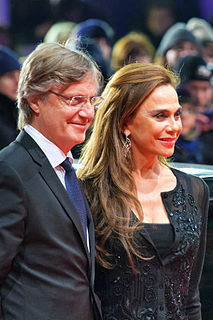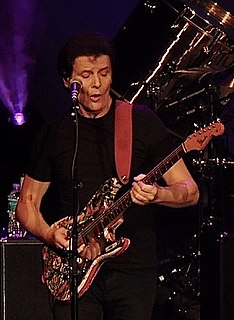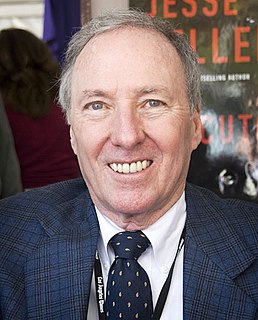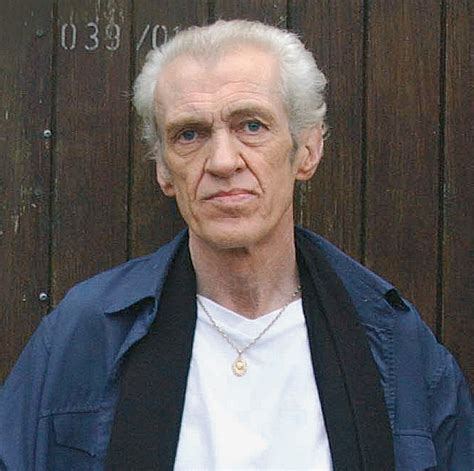A Quote by Hilary Mantel
My first two novels were very black comedies.
Related Quotes
The other thing that I got back then - the Parker novels have never had much of anything to do with race. There have been a few black characters here and there, but the first batch of books back then, I got a lot of letters from urban black guys in their 20s, 30s, 40s. What were they seeing that they were reacting to? And I think I finally figured it out - at that time, they were guys who felt very excluded from society, that they had been rejected by the greater American world.
I sold my first short story while I was home on maternity leave, then began working on novels. Since I was reading and enjoying romance novels at the time, the first two unpublished manuscripts I wrote were both romances. I sold my third novel, 'Call After Midnight,' to Harlequin Intrigue after submitting it unagented.
We were a very politically active family. My father was one of the first lawyers in South Africa to have a black partner, so I grew up very aware of the struggle going on. Coming from that background, it really gave me chills to have my music be a part of the election of the first black American president.
Early on in my career, when I had basically been a sitcom actor for all of these years, and I made my first movies, and they were comedies, and they were successes, it was very important for me to stretch, and 'Parenthood' was one of those films. Even though it was a comedy, there was a great deal of authentic drama in the piece as well.
I would say I'm black because my parents said I'm black. I'm black because my mother's black. I'm black because I grew up in a family of all black people. I knew I was black because I grew up in an all-white neighborhood. And my parents, as part of their protective mechanisms that they were going to give to us, made it very clear what we were.






































